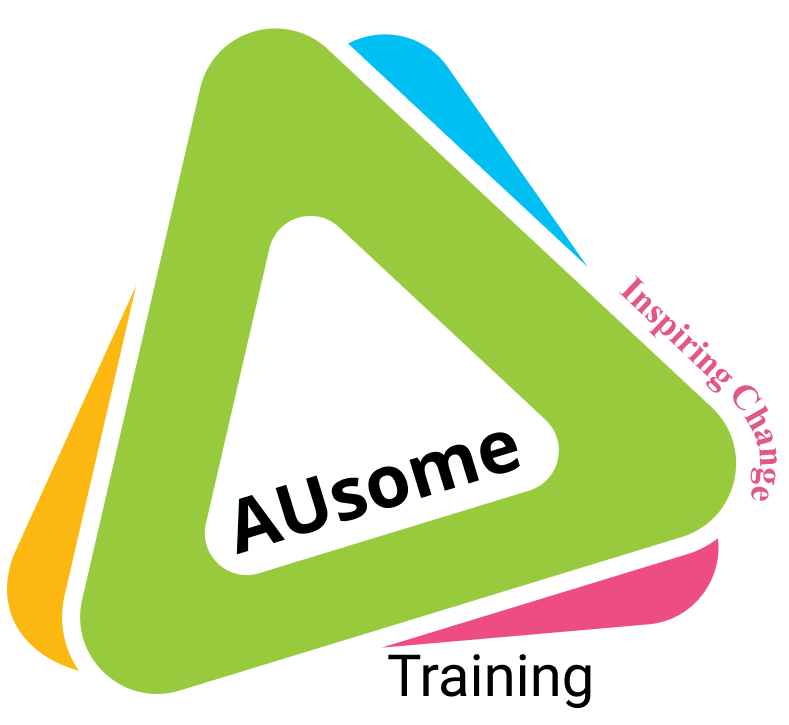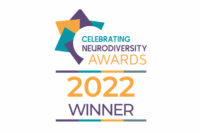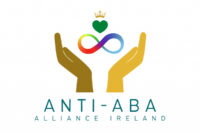When we talk about autism we often hear that Autistic children lack social skills. This, of course is just another incorrect portrayal of autism and a misunderstanding of social skills. Autistic children are often subjected to hours of social skills training where they learn to mimic “appropriate” behaviour. Non-autistic behaviour is deemed appropriate by non-autistics but how appropriate are these social skills really?
So let’s look at these social skills:
Last summer, we went to France and my little girl made friends with a couple of kids at the campsite. All was going well and they were having great fun together. Then one day at the pool I noticed one wasn’t being as friendly as she had previously been but I didn’t take too much notice. A few days after that we bumped into the two families in a large store. While we chatted to the parents the kids were playing about. Then I saw one of the kids, signal to the other to run away from my child.
This isn’t really a story about autism and social skills. This is a story of human connection and how different cultures interact.
Yep, there I was witnessing my little girl thinking it was some sort of game that they were playing and she ran after them. I called her to come look at something with me and we had a quick chat about the others running off on her. I asked her how she felt. I have a pretty cool kid who never ceases to amaze me and she responded by saying she may need to have a little chat with them to explain that they weren’t being so nice. She has never had social skills training.
I just wanted to wrap her up and run! I just wanted to swaddle her in all my smothering mother’s love and take her out of that situation because it also brought back so many memories of kids running off on me when I was a kid too. I’d think it was a game. I thought that they were playing and I’d run after them and make a complete fool out of myself. I thought their laughter was because it was a game and it was fun because friends laugh and have fun together don’t they? Friends don’t set up scenarios to make you look silly do they?
I did it for years. I ran after people for years.
Recently she brought it up again and I found the words to explain what had happened. I told her that when we are Autistic we don’t treat people like that ourselves. It can take us a long time to figure out that someone is not being kind to us. It takes us a while to understand why. Not because we have difficulty empathising or because autism and poor social skills go hand in hand or any of that nonsense but because it’s such a foreign concept to us it can really take us quite a while to get our heads around stuff like this.
I explained to her that people like us see everyone as equals, that when we meet people we do not think that they might be more or less important than we are so we don’t play those sort of games. I explained that people who do not see others as equals then try to find out who is more important or more powerful in the relationship or friendship so they do things like running off to see how you will react.
If you chase them you teach them that they are the ones in charge, or the ones in power but if you don’t react and ignore their efforts then you teach them that they are not in charge of you and you teach them to treat you better.
My mum used to say similar things to me but she never explained the reasons. It never made sense to me. She would tell me to ignore them and I would take that quite literally and walk past them as if they didn’t exist. I think she also meant it literally.
I tell my child that to ignore someone means to not let what they do or say into her heart or into her mind.
My little girl now has a really good understanding of “powerplay” and can spot when peers are doing it. I really wish I had this understanding myself decades ago.
How do we teach these social skills to kids?
How do we teach them how to interpret these cultural power plays and non-autistic ways of interacting?
My mum never explained the difference between being Autistic in this world and how those who aren’t Autistic act , simply because she had a good understanding but not the language or knowledge we have now to express or explain it to me. This is why I have created autism resources and courses on social skills for Autistic children and those who love us and work with us, so that they can grow up with a better understanding of themselves and others.
Of course non-autistic people are frequently unaware of what they’re doing and why they do it, and therein lies the essence of conditioning within the human condition and the insecurity that comes with needing to belong within a social hierarchy.
We all experience the world differently but when we do not play the same games we can often be the loser without even realising there is anything at play.
This, this right here is a perfect example of how non-autistic “play” differs from Autistic play and how Autistic social skills differs from non-autistic social skills. We do not care about who is important or not because to us everyone is important and we do not want to have power over another. We play to learn, to investigate and to share experiences. Our play is different because it is about experiencing the world and not seeing where we fit into it.
We are connected. We are connected to everything and everyone all at once and we feel the pulse of the world and know our place within it.
We are Autistic which means we are one.
We are one.



